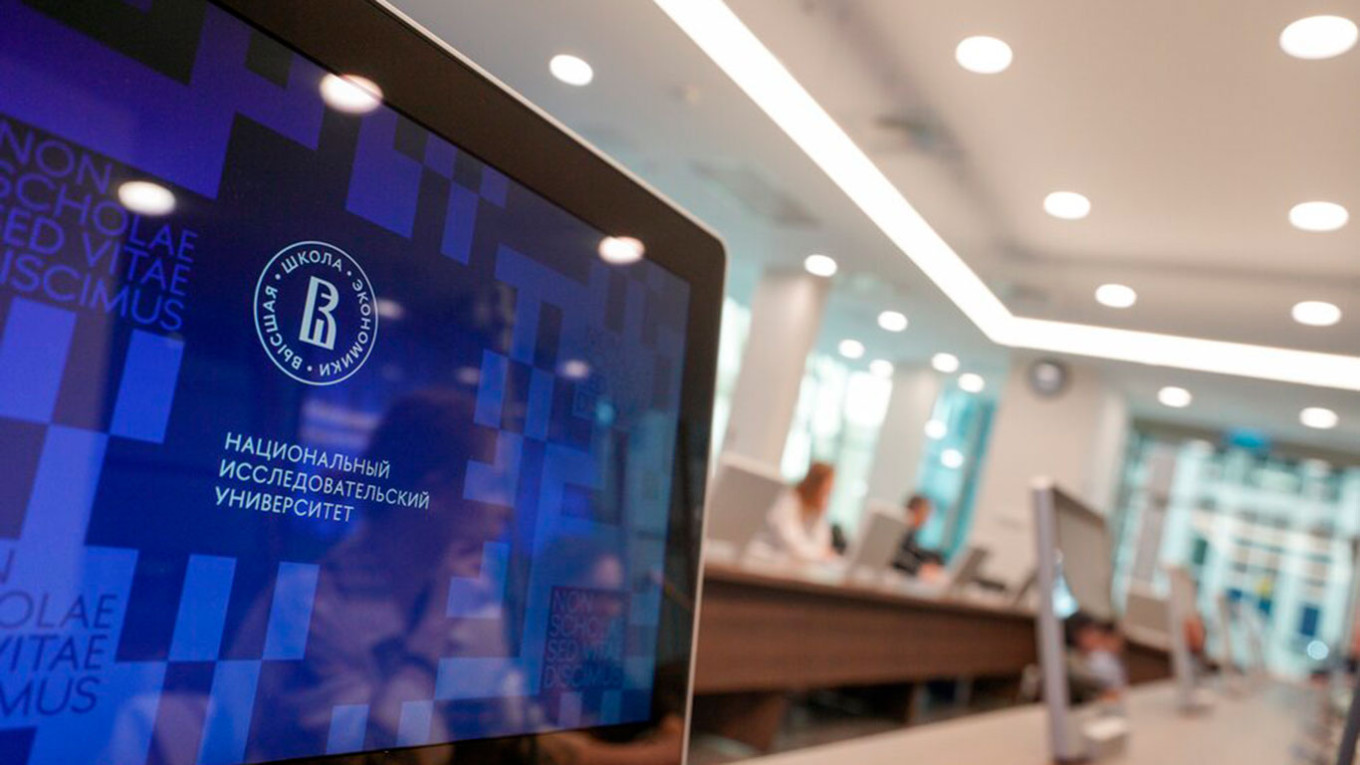One of the leading universities in Russia has introduced a new master’s degree program aimed at managing and lessening the effects of international sanctions. This initiative reflects an increase in institutional efforts to adapt to the Kremlin’s increasingly isolated stance in the international arena.
The two-year course at the Higher School of Economics (HSE) in Moscow is touted as the first such program in the country.
As initially reported by the exiled research platform T-Invariant, the program is designed to prepare experts in international corporate compliance, equipping students with the knowledge to “identify and evaluate the risks associated with sanctions and other regulatory actions affecting businesses.”
The annual tuition fee is set at 490,000 rubles (approximately $6,260), with 20 places allocated for Russian nationals and two for international applicants. Notably, the program does not receive funding from the government of Russia.
In addition to the full master’s track, HSE is offering a shorter professional development course titled “Sanctions Compliance,” which comprises 136 hours of online instruction from September 16 to November 14.
The course fee is 84,000 rubles (around $1,070) and features a blend of theoretical lessons and practical case studies relating to the application of economic sanctions and compliance strategies.
According to the program’s description, it “integrates the exploration of contemporary legal frameworks, the existing regulatory landscape, and practical applications of economic sanctions.”
While HSE has previously offered coursework related to sanctions through its Department of International Law, these new programs signify a major expansion in both their breadth and accessibility.
Igor Lipsits, a former HSE professor and co-founder of the institution, stated to T-Invariant that this initiative aligns with a larger Kremlin strategy aimed at fostering long-term resilience in the face of international isolation.
“Everyone can see how Iran has endured under sanctions for four decades. We might be in for a long period living in a similarly hostile environment, facing various restrictions and increasing regulations on Russian business abroad,” Lipsits remarked. “The Russian economy is adapting to a life under sanctions that may last for generations.”
Andrey Yakovlev, a former HSE vice rector and economist currently associated with Harvard University’s Davis Center, warned against overestimating the sustainability of the program in the long run.
“Universities are responding to immediate demand,” Yakovlev noted. “This doesn’t necessarily indicate a stable, long-term trajectory. In the 1990s, there was a surge in courses for brokers—until the market crashed. This could potentially face a similar fate.”

